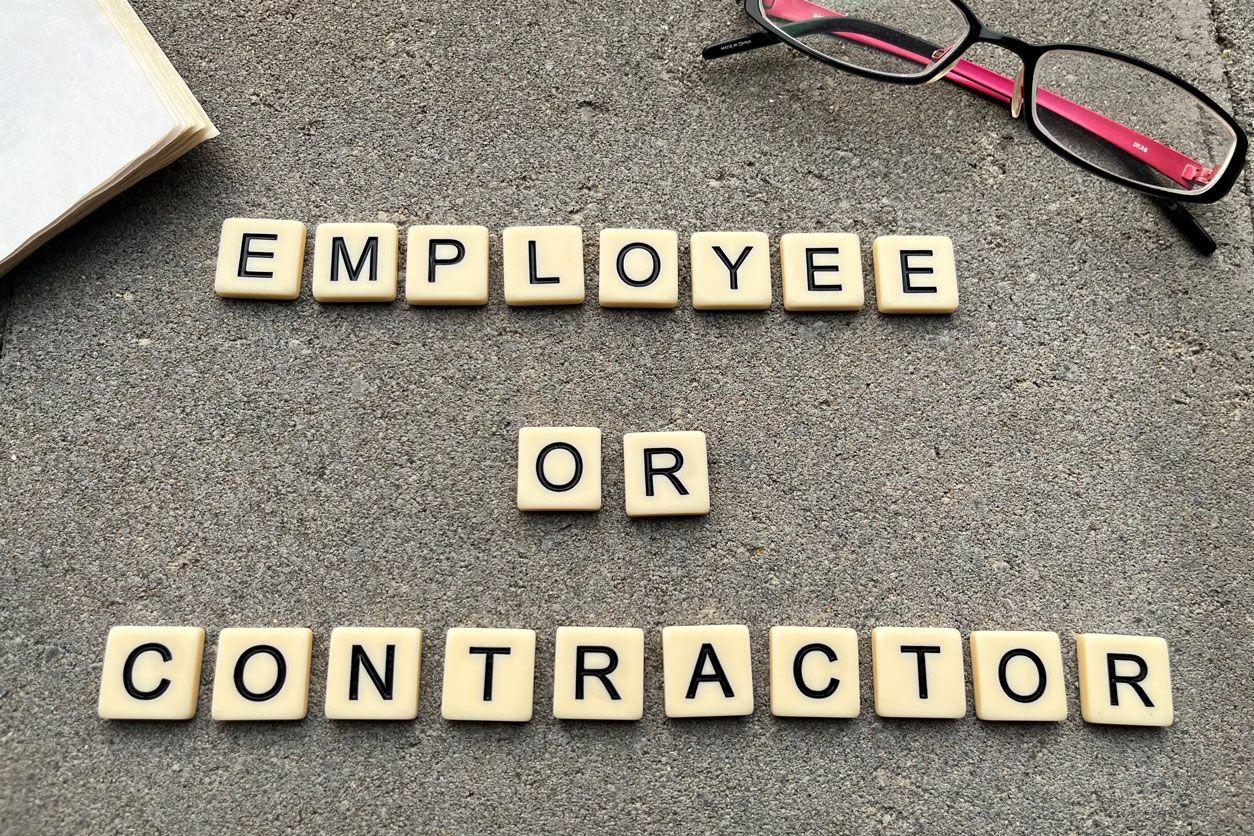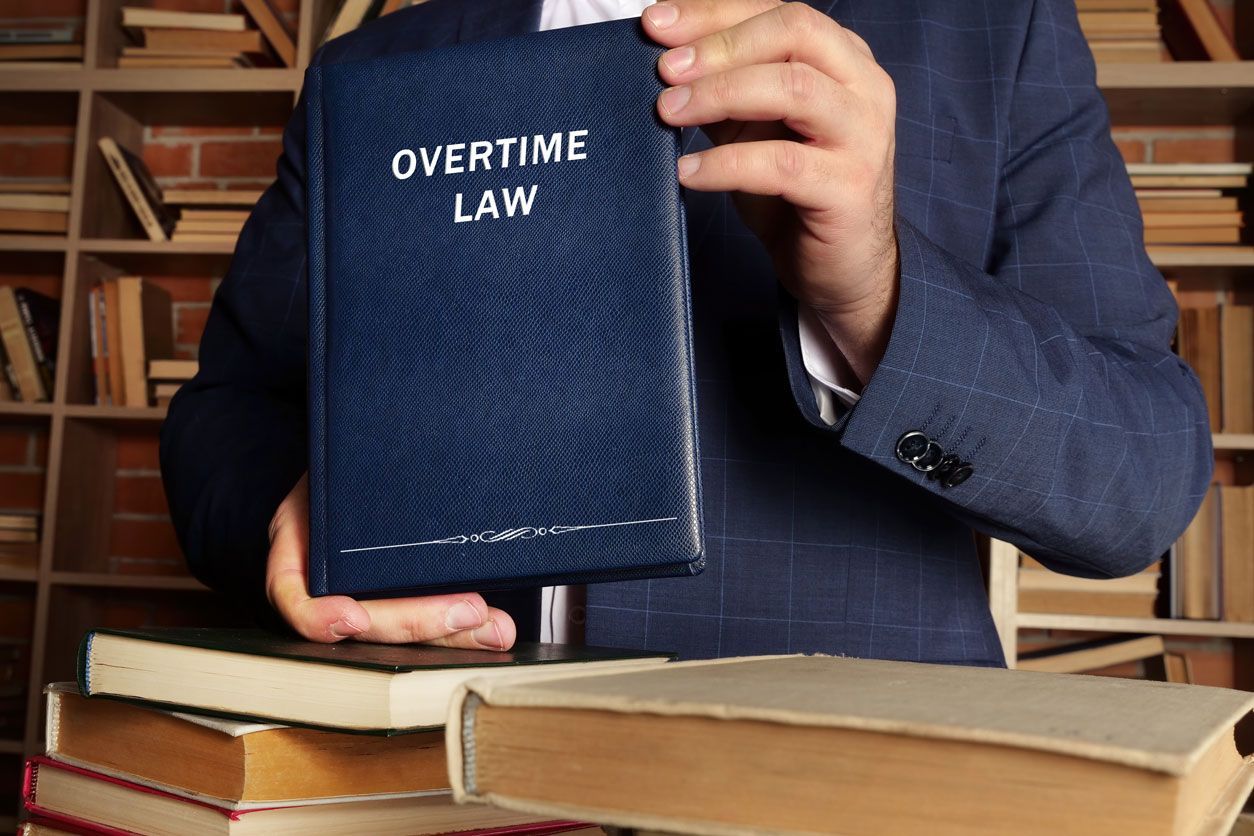Can You Be Fired While on FMLA in California? Your Rights & Legal Options

When Can Firing During FMLA Leave Be Illegal?
Firing someone solely for using protected FMLA leave is illegal under federal law; in California, employees often have even stronger protections. But it’s important to know that not every termination that happens during FMLA or CFRA leave is automatically unlawful. California employers can still legally fire an employee for legitimate, non-retaliatory reasons, such as documented performance problems, misconduct, company-wide layoffs, or true position eliminations.
Understanding the difference between a lawful termination and illegal retaliation is critical under California and federal law. Timing, consistency in the employer’s documentation, and whether other employees are treated similarly all play a role in determining whether a firing violates FMLA/CFRA protections. Knowing your rights and the warning signs of retaliation can help you protect your job and pursue legal remedies if necessary.
Understanding What FMLA Covers
FMLA is a federal law that allows eligible employees to receive up to 12 weeks of unpaid, protected leave per year for certain family and medical reasons, such as:
- A serious health condition that makes you unable to perform your job
- Caring for an immediate family member with a serious health condition
- Birth, adoption, or foster placement of a child
- Certain military-related situations
While you are on FMLA leave, your employer must maintain your health benefits. When you return, they must give you back your old job or a similar one with the same pay and benefits.
However, this protection doesn’t automatically protect you from being fired. That’s where things get more complex.
When Termination During FMLA Is Legal
It is legal for an employer to terminate an employee on FMLA leave if the decision is unrelated to the employee’s use of FMLA.
For example:
1. Company-Wide Layoffs
If your company is undergoing restructuring or a department-wide reduction in force, and your position would have been eliminated regardless of your leave, your termination may be lawful.
This is where the question “can you be laid off while on FMLA?” often comes up. The answer: yes, as long as the layoff would have occurred even if you hadn’t taken leave. However, not all layoffs are the same or have a cut-and-dry reasoning.
2. Documented Poor Performance or Misconduct
If you were already under a performance improvement plan or had documented disciplinary issues before your leave, your employer may legally proceed with termination. However, they must be able to prove that your FMLA leave did not influence the decision.
3. Company Policy Violations
Employees who violate company rules, such as attendance policies, workplace conduct codes, or confidentiality agreements, can be terminated during FMLA leave if those rules are enforced consistently for all employees.
4. Position Elimination
If your role no longer exists when you return (for example, due to automation or organizational restructuring), your employer may not be required to reinstate you. However, they should demonstrate legitimate business reasons and apply them fairly.
In each of these cases, the employer carries the burden of proof to show that the firing was unrelated to the FMLA leave itself.
When Termination Becomes Illegal: FMLA Retaliation
Although employers can lawfully terminate employees under certain conditions, firing someone because they took FMLA leave is considered FMLA retaliation, which is illegal under federal law.
Examples of FMLA retaliation include:
- Demoting or reducing your hours after you return from leave
- Terminating you shortly after approving your leave without valid cause
- Discouraging or threatening you for requesting leave
- Treating you differently than other employees because of your absence
If your employer’s reason for firing you seems suspicious, especially if the timing coincides with your leave, it’s worth consulting an employment law attorney. Many FMLA retaliation settlements result from cases where employers could not justify the termination with legitimate business reasons.
Proving FMLA Retaliation
To prove FMLA retaliation, employees generally must show:
- They were eligible for and took protected FMLA leave.
- They suffered an adverse employment action (such as termination).
- The use of FMLA caused the adverse action.
Courts often look at the timing of the termination and the employer’s stated reasons. If the firing happens right after you request or return from FMLA leave, that timing can raise red flags. Similarly, inconsistent or shifting explanations from your employer can strengthen your case.
Documentation is critical. Keep records of:
- All FMLA-related communications with HR or management
- Performance reviews before and after leave
- Any written warnings or policy changes during your absence
- Witness statements from coworkers
If you suspect retaliation, speak with an employment attorney as soon as possible. You may be entitled to compensation through an FMLA retaliation settlement, which could include back pay, reinstatement, and damages.
What to Do If You Were Fired While on FMLA
If you were terminated during or after FMLA leave, here are the steps you can take:
- Request a Written Explanation: Ask HR for documentation of the reasons for your termination. Employers should be able to show objective evidence that the decision was unrelated to your leave.
- Review Your Employment Record: Look for discrepancies or sudden changes in performance reviews, job duties, or company policies.
- Consult an employment attorney: An employment attorney can help evaluate your case, determine whether retaliation occurred, and negotiate potential compensation.
- File a complaint: If necessary, your attorney can help you file a complaint with the U.S. Department of Labor’s Wage and Hour Division (WHD), which enforces FMLA rights.
Remember: retaliation claims have strict time limits. Acting quickly helps preserve your rights.
Protecting Yourself Before and After FMLA Leave
To minimize risks of confusion or wrongful termination:
- Provide timely notice and required documentation for your FMLA leave.
- Keep open communication with HR and your supervisor.
- Maintain copies of all medical certifications, leave requests, and emails.
- Follow company policies consistently before and after your leave.
Proactive communication and documentation help protect both your position and your legal rights.
So, can you be fired while on FMLA? Technically, yes, but only for legitimate, non-discriminatory reasons that would have applied even if you weren’t on leave. If your employer uses FMLA as a reason to terminate or retaliate against you, that’s against federal law. Taking leave to care for yourself or your family shouldn’t put your job in jeopardy, and the law is designed to make sure it doesn’t.
If you believe your termination was unfair or retaliatory, don’t hesitate to seek legal guidance. An employment lawyer can help you understand your rights and, if necessary, pursue compensation through an FMLA retaliation settlement.
Note: The above article does not constitute legal advice.
Frequently Asked Questions
1. Can an employer use my FMLA leave as an excuse to fire me later?
No. Using FMLA leave as a reason to terminate or demote an employee is considered retaliation and is illegal under federal law.
2. How does timing affect whether a termination is illegal in California?
If you’re fired immediately after requesting or returning from FMLA leave, that timing can raise red flags. Courts often scrutinize the sequence of events to detect potential retaliation.
3. What counts as “legitimate reasons” for termination while on FMLA leave?
Legitimate reasons include things like company-wide layoffs, documented misconduct or poor performance, and elimination of your position for valid business reasons—basically anything that would have happened regardless of your leave.
4. Is subtle retaliation during or after FMLA leave also illegal in California?
Yes. FMLA protection covers not just firing but also demotions, reduced hours, exclusion from opportunities, or unfair performance reviews tied to your leave.
5. How important is documentation when dealing with California FMLA disputes?
Critical. Emails, HR communications, leave requests, performance reviews, and witness statements can prove whether your termination was lawful or retaliatory.
6. Can my employer refuse FMLA leave if I meet all eligibility requirements?
No. If you qualify for FMLA, your employer must grant up to 12 weeks of protected leave for covered reasons. Denying it without legitimate cause is a violation.
7. What should I do if I think my California employer is planning to retaliate before my leave?
Keep detailed records of any threats or negative comments, provide proper notice and documentation for your leave, and consult an employment lawyer to protect your rights proactively.
Share on Social Media





